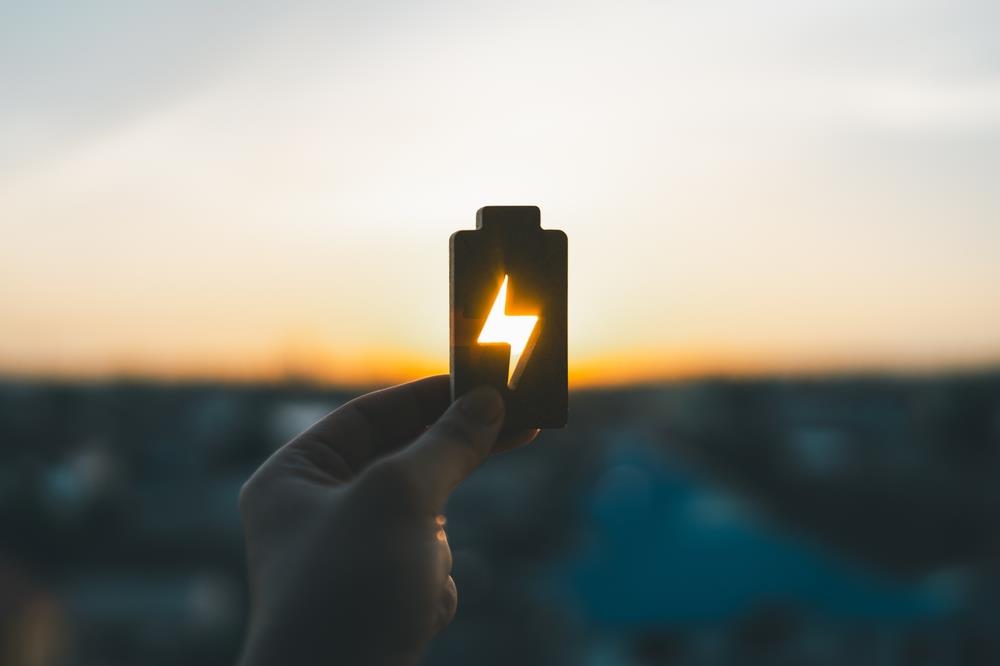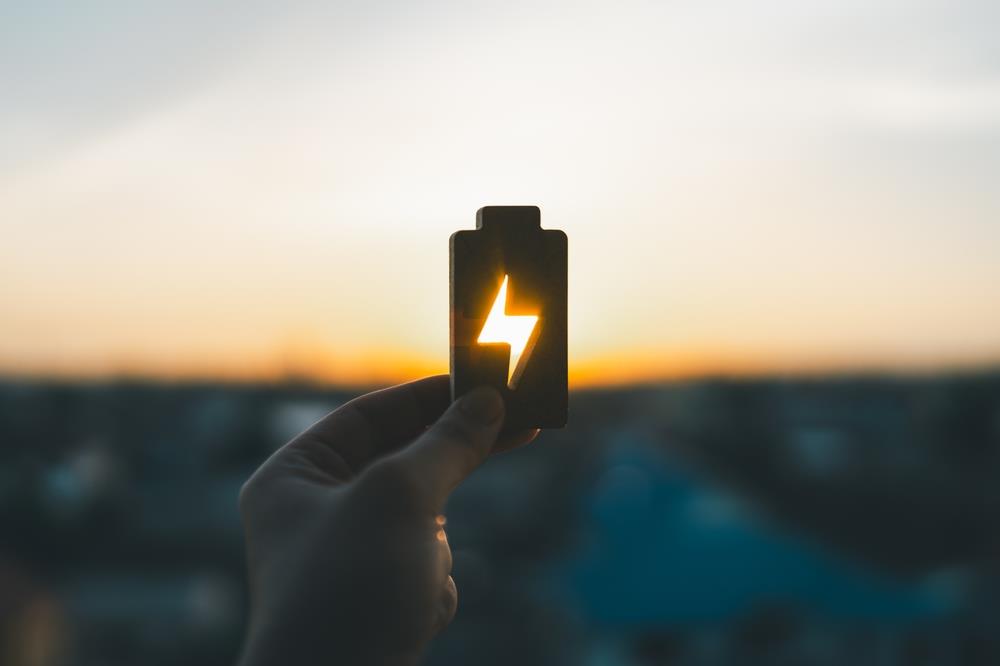Austrian scientists from the Technical University of Vienna have developed a revolutionary method to convert electronic waste, especially spent batteries, into renewable fuel. Using a nanocatalyst, they convert carbon dioxide into methane, reducing harmful gas emissions and producing an energy product. This innovation significantly contributes to combating climate change and could become a model for circular economy in Europe. While the world focuses on expensive and futuristic technologies, the Austrian approach offers a practical and applicable solution that could redefine the concept of waste as a resource.
Political Perspectives:
Left: Left-leaning outlets emphasize the environmental benefits of the Austrian scientists’ innovation, highlighting its potential to combat climate change and promote sustainable development. They focus on the circular economy aspect and the reduction of harmful emissions, framing the technology as a progressive step towards ecological responsibility.
Center: Center-leaning sources report the scientific breakthrough in a balanced manner, focusing on the technical details of the nanocatalyst and the practical applications of converting electronic waste into fuel. They highlight the innovation’s potential impact on energy production and waste management without strong ideological framing.
Right: Right-leaning media may emphasize the economic and technological innovation aspects, praising the Austrian approach as a smart, efficient solution that could boost European competitiveness in green technologies. They might also highlight the practical benefits over more expensive or speculative technologies, framing it as a pragmatic advancement.



















